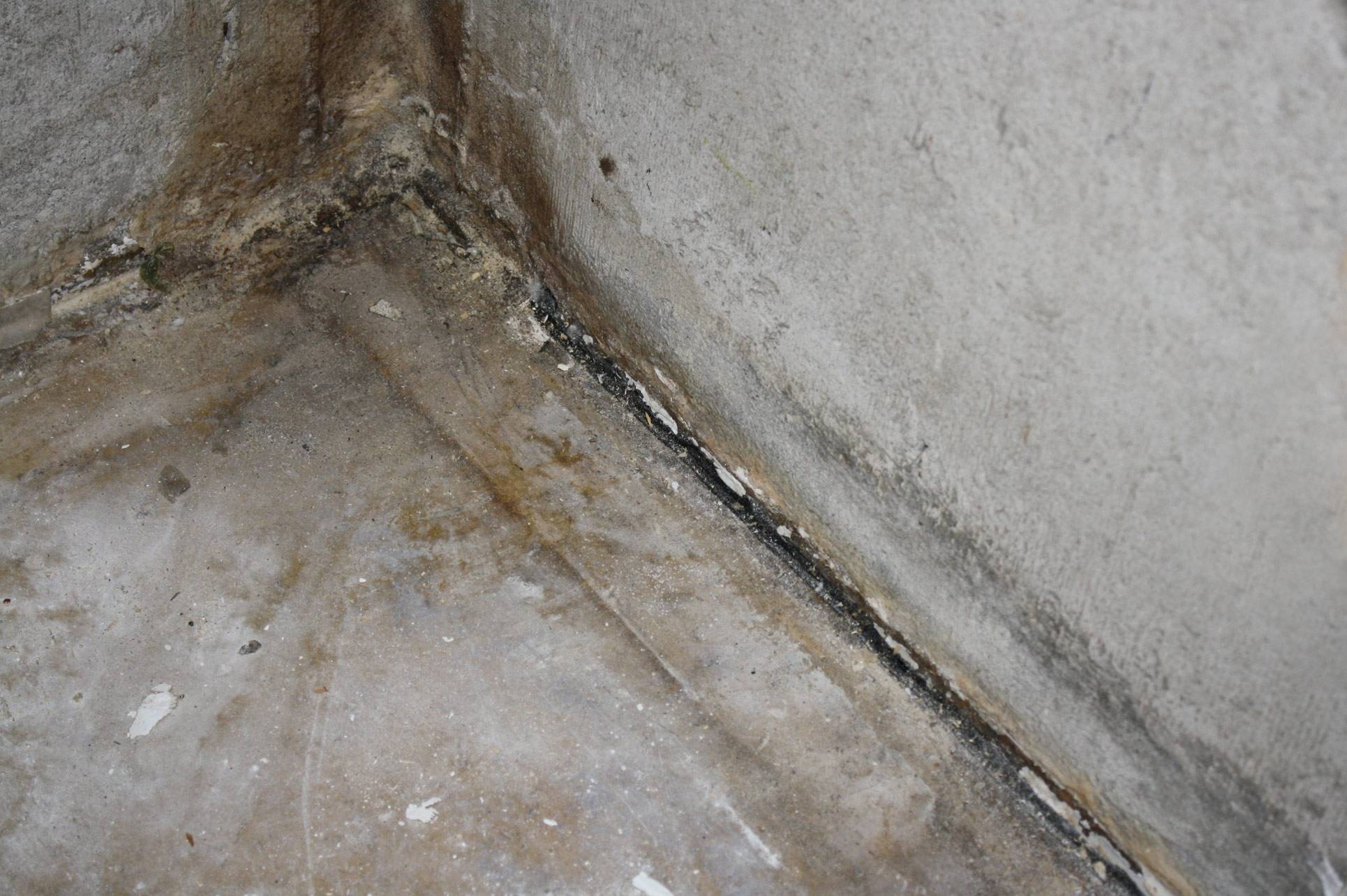Unveiling Common Sources Behind Residential Water Leak Problems
Unveiling Common Sources Behind Residential Water Leak Problems
Blog Article
Almost everyone has got his or her own opinion on the subject of How to detect water leaks in your home.

Leaks not only trigger waste of water however can also trigger unnecessary damage to your home and also advertise undesirable organic growth. Water leaks may go unnoticed considering that many of the pipework in our residence is hidden. By recognizing and also looking for everyday scenarios that trigger leakages, you can safeguard your residence from future leaks as well as unneeded damage. Today, we will look at 6 leakage causes that might be causing your pipelines to leak.
Instantaneous temperature level adjustments.
Extreme temperature adjustments in our pipes can trigger them to expand and acquire suddenly. This development as well as tightening might trigger splits in the pipes, particularly if the temperature are listed below cold.
Corroded water systems
As time passes by, your plumbing system ages as well as deterioration such as rust might start gnawing the pipes. This may be the cause of discoloration or warping on your pipes. This calls for an assessment with your plumber quickly. Take into consideration replacing the pipes given that they are at a higher risk of rust than the more recent versions if our plumbing system is old.
Defective Pipe Joints
Pipe joints can degrade over time, resulting in water leakages. If you have loud pipes that make ticking or banging noises, particularly when the hot water is turned on, your pipe joints are most likely under a whole lot of pressure.
Elbowing in origins
Most water leakages begin outside your home rather than inside it. If you see a sudden decline in water pressure, say in your tap, require time to head out as well as examine your backyard. You could notice damp spots or sinkholes in your backyard, and that could indicate that tree roots are attacking water lines triggering water to seep out. You can have your plumber look for intrusion, particularly if you have trees or shrubs near your residential or commercial property.
Poor Water Connectors
At times, a leak can be caused by loosened pipes and pipelines that supply your appliances. In instance of a water connections leakage, you may see water running directly from the supply line or pools around your home appliances.
Clogged Drains
Blocked drains may be frustrating and inconveniencing, however they can sometimes wind up creating an overflow resulting in break pipes. Keep eliminating any kind of materials that may drop your drains pipes that could block them to prevent such aggravations.
All the above are reasons for leakages yet not all water leakages arise from plumbing leakages; some leakages could come from roof covering leaks. All leaks should be repaired instantly to stay clear of water damage.
Leakages not only cause waste of water however can also create unneeded damage to your residence and advertise unwanted organic growth. By looking and also understanding for daily situations that trigger leakages, you can safeguard your residence from future leaks as well as unnecessary damages. Today, we will look at 6 leak causes that might be triggering your pipes to leak.
At times, a leakage can be caused by loose hose pipes as well as pipes that provide your appliances. In case of a water connections leak, you might discover water running straight from the supply line or pools around your appliances.
How To Check For Water Leak In Your Home
How To Check for Leaks
The average household's leaks can account for nearly 10,000 gallons of water wasted every year and ten percent of homes have leaks that waste 90 gallons or more per day. Common types of leaks found in the home are worn toilet flappers, dripping faucets, and other leaking valves. These types of leaks are often easy to fix, requiring only a few tools and hardware that can pay for themselves in water savings. Fixing easily corrected household water leaks can save homeowners about 10 percent on their water bills.
To check for leaks in your home, you first need to determine whether you're wasting water and then identify the source of the leak. Here are some tips for finding leaks:
Take a look at your water usage during a colder month, such as January or February. If a family of four exceeds 12,000 gallons per month, there are serious leaks.
Check your water meter before and after a two-hour period when no water is being used. If the meter changes at all, you probably have a leak.
Identify toilet leaks by placing a drop of food coloring in the toilet tank. If any color shows up in the bowl after 10 minutes, you have a leak. (Be sure to flush immediately after the experiment to avoid staining the tank.)
Examine faucet gaskets and pipe fittings for any water on the outside of the pipe to check for surface leaks.
Undetected water leaks can happen without the home or business owner even realizing. If you suspect a water leak, but not able to find the source. It is time to contact a professional water leak detection service, The Leak Doctor.
How To Find a Water Leak In Your Home
https://www.leakdoctor.com/blog/How-To-Check-For-Water-Leak-In-Your-Home_AE197.html

I ran across that content on How to Find Water Leaks while surfing the internet. Sharing is caring. Who knows, you may be doing someone a favor. Bless you for your time. Don't forget to check up our site back soon.
No more waits, dial now! Report this page